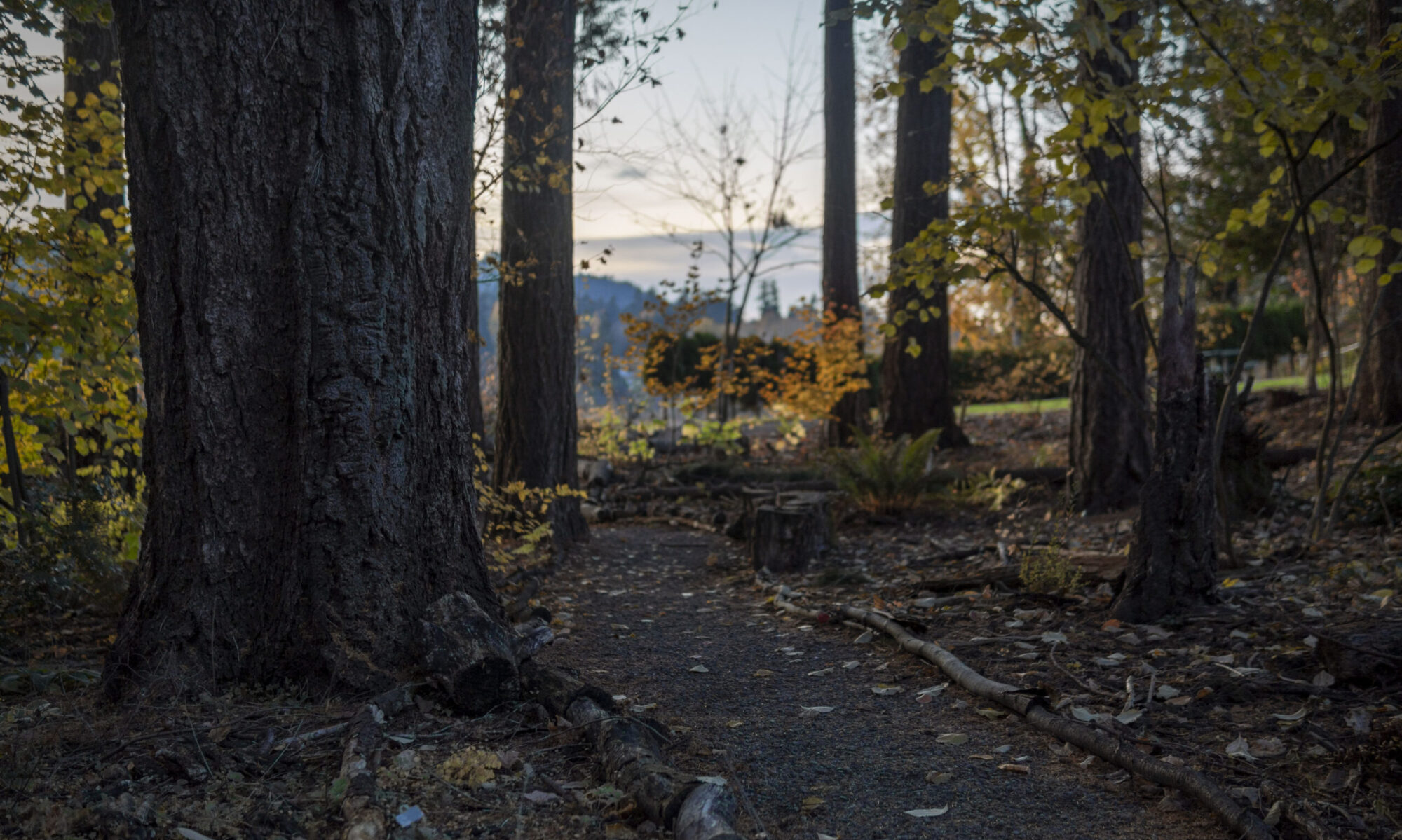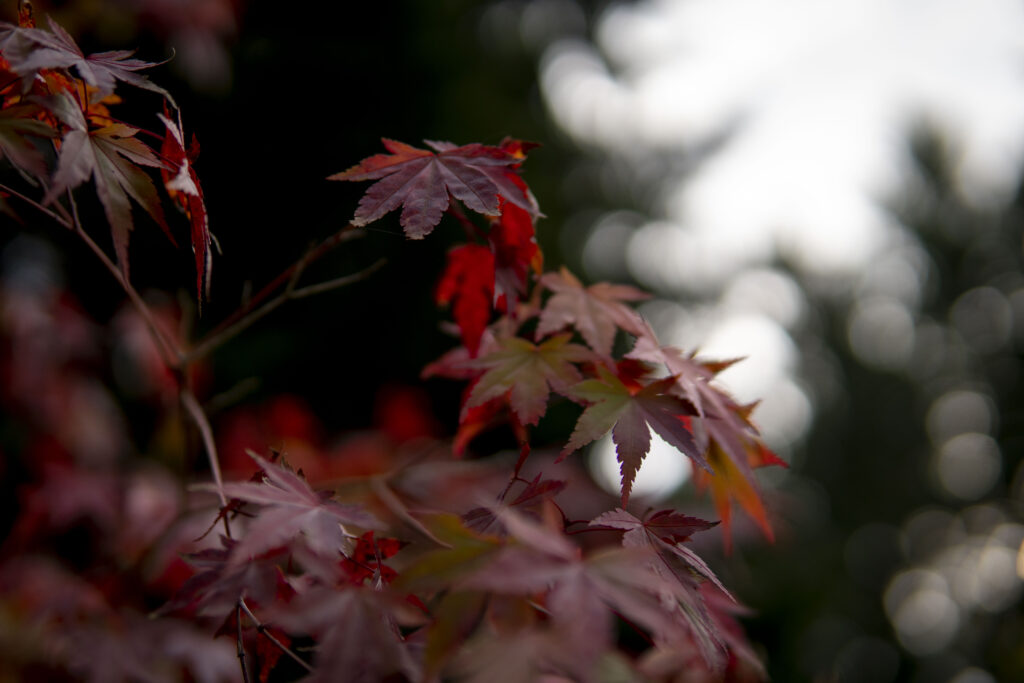I recently read a scholarly argument about the writings of the pre-Socratic Greek philosopher Heraclitus, dissecting in detail whether or not Plutarch, and later Plato, captured the true meaning of his words in their paraphrase of the concept, “You can’t step into the same river twice.” After several in-depth pages about Greek dialects, lyrical forms, comparable works, and meanings obscured by literary puns and translation, I was tempted to throw the whole thing out and conclude that Heraclitus was just someone who really didn’t enjoy swimming.
I have reflected on the topic of change before, and I’m especially prone to be hooked by paraphrases of Heraclitus’s famous quote because of our proximity to the Willamette River. The surface meaning is obvious – everything in life changes. Reflecting deeper on the concept, though, I think there is also some subtle, contrasting expectation of permanence, or at least consistency. It’s true that a river would not be a river without constant change – we have fancy names for bodies of water that don’t change like lake, pond, and puddle. But what would we call a changing flow of water that has no consistent boundaries? A flood maybe? The water in a river is constantly flowing, but we can have a reasonable expectation that we can find it flowing in the same place whether it is the second, third, or hundredth time we’re dipping our toes into it.
Homewoods is going to go through a lot of change in 2019. We’re already showing signs of it. After all of the work we put into our looks last year – flooring, paint, furniture, art – we’re looking into what we can do to upgrade some vital building systems, our vehicles, and our grounds. It also feels like we’re constantly mourning the moving on of friends, staff, and neighbors. Despite all of this, Homewoods will remain Homewoods. We will honor our traditions and treasure the culture of our community. We will stay anchored in the values and memories that make us who we are.
I’m looking forward to what we have in store for the next year, and it’s my sincere hope that you will all love it too. Even if you don’t, I promise to uphold who we are as a community. The river will flow, but we’ll stay above it on the solid ground.

